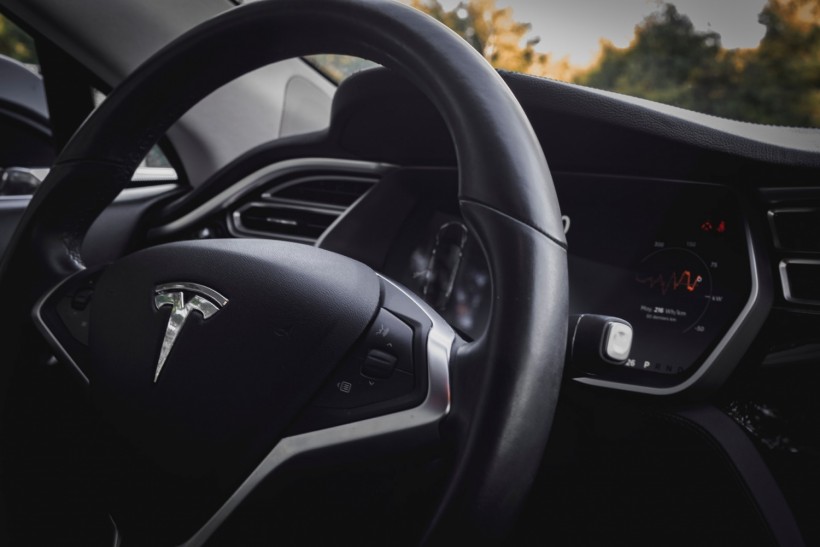Will Self-driving Cars Completely Prevent Car Accidents?

Self-driving cars may not yet be commonplace, but they are already in use in some places and they look set to become the future of motoring.
The driverless cars incorporate vehicular automation technology that enables them to sense their environment and move through it safely, with no or little human input required.
The cars combine multiple sensors to perceive their surroundings, including GPS, odometry, radar, lidar, sonar, thermographic cameras, and inertial measurement units.
Advanced control systems are used to interpret the sensory information and identify things like obstacles, signage, and navigation paths.
While self-driving cars certainly sound like the answer to various problems, many people are still concerned about how safe driverless vehicles actually are. And will they be able to completely prevent accidents?
If You're Involved in a Car Accident...
Every year, over 35,000 people tragically die in motor-vehicle-related accidents in the United States. It is hoped that automated vehicles, over time, will be able to drastically reduce that figure.
In the meantime, you should know what to do if you happen to be involved in a car accident.
The first thing to do is check for injuries. If you or any passengers are injured, call 911. If you can, move yourself and your car to safety. Then, call the police.
You will need to get the contact and insurance information of the other driver involved in the accident, and the contact details of witnesses. You should also photograph the accident scene so it can be used as evidence to prove who was responsible for the accident and show the extent of the damage.
After seeking medical attention for any injuries, contact your insurance company.
You should also consider contacting a local attorney who specializes in car accidents to help you explore your options and obtain a fair settlement. For instance, a car accident lawyer in Phoenix could help you to gain financial compensation for your medical bills and loss of income.
Self-driving Cars Do Not Make Human Errors
Reducing road accidents is certainly one of the main motives behind developing self-driving cars. According to the United States National Highway and Transportation Safety Authority, the safety benefits of automated vehicles are paramount.
The NHTSA states that 94% of all serious vehicle crashes are due to human error, and self-driving cars have the potential to remove human error from the accident equation.
Self-driving Cars Lack Common Sense
There are numerous reasons why driverless vehicles will be safer. For example, unlike humans, self-driving cars never get tired, speed, or drink and drive, all of which are known to contribute to car collisions.
However, there is still one problem: no one has yet figured out how to build common sense into the computers that control self-driving cars.
Indeed, common sense is of course a purely human characteristic. Some situations on the road require common sense. If the driverless car has not been programmed to handle such occasions correctly, accidents could still happen.
At present, the reality is self-driving cars are very safe for certain operational design domains, such as being used as a shuttle service along a single street at low speeds, but not as safe for others, such as driving through cities.
The Safeness of Self-driving Cars Is up for Debate and a Work in Progress
A 2020 study from the U.S. Insurance Institute of Highway Safety showed the perceived safety benefits of automated vehicles could actually be significantly lower than is currently commonly believed by the larger automated vehicle sector.
The report claims that self-driving vehicles may only prevent one-third of collisions.
The vice-president for research at the IIHS said that although fully self-driving cars will identify hazards better than people, that alone would not prevent the bulk of vehicle crashes.
However, the report was criticized by companies working in the driverless vehicle industry. They have said the report underestimates the capabilities of the technology being utilized in self-driving cars.
At the end of the day, more studies need to be completed before we will be able to get an accurate picture of just how safe self-driving cars are and whether they will one day be able to completely prevent car accidents.
Subscribe to Latin Post!
Sign up for our free newsletter for the Latest coverage!














